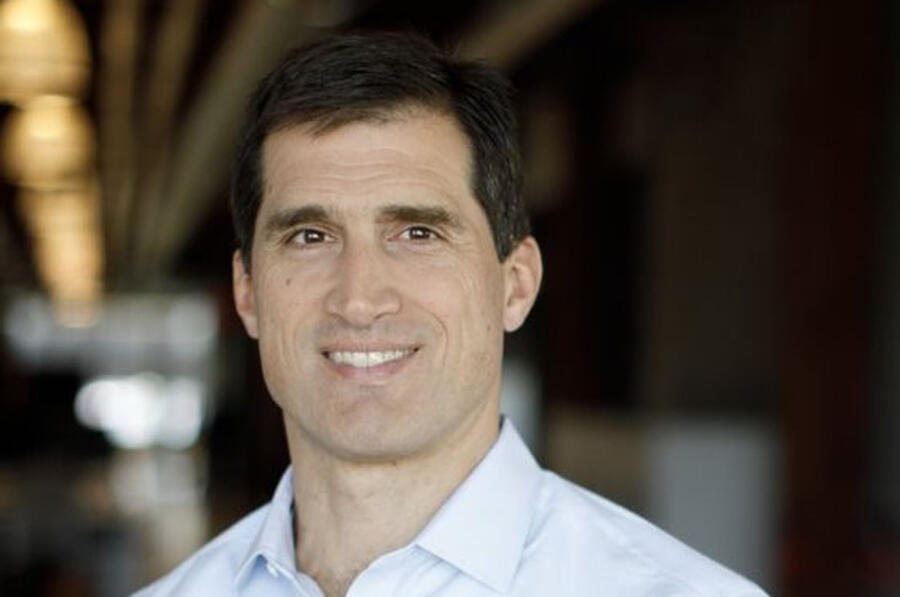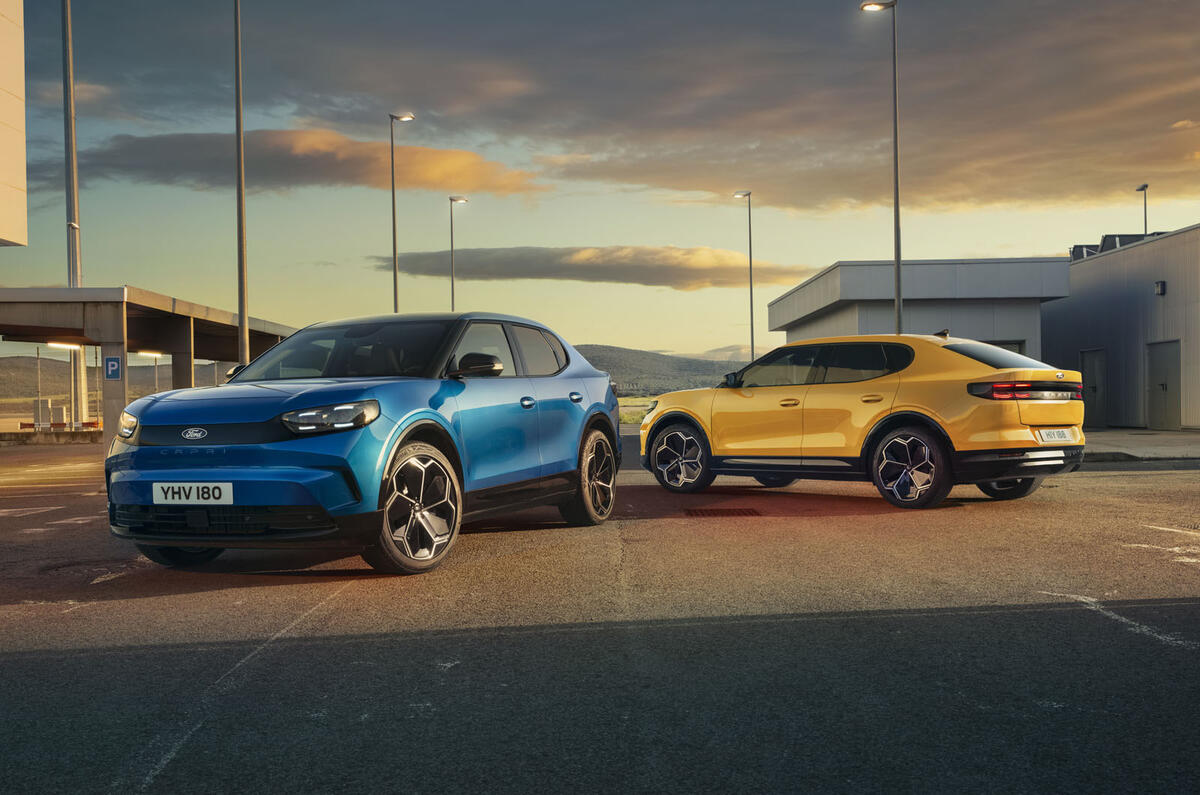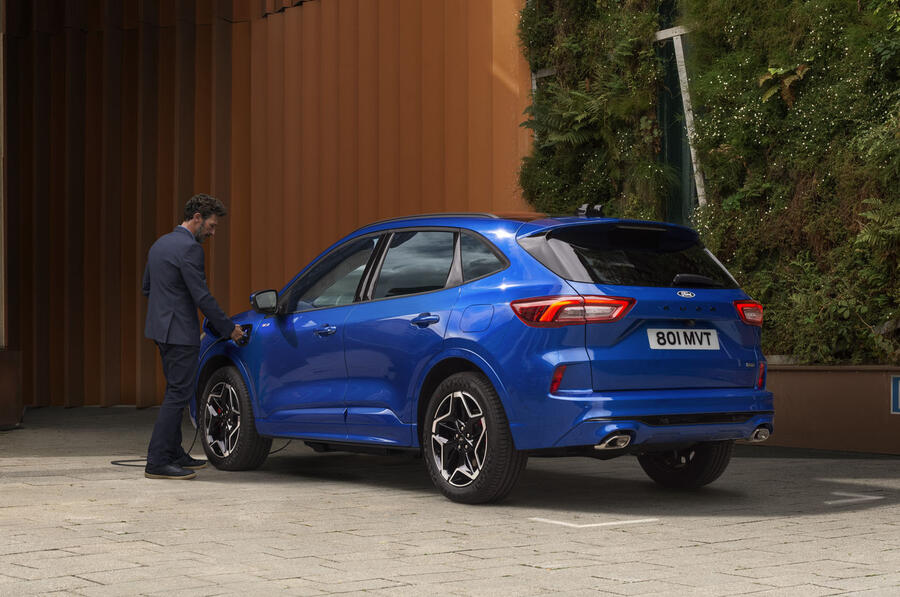Ford’s electric vehicle boss says the company’s plan to go all-electric by 2030 in Europe was “too ambitious”, and the firm will continue to offer a range of hybrids in light of wavering EV uptake.
Marin Gjaja, chief operating officer of Ford’s Model E electrification division, has told Autocar that the company is no longer planning to stop selling combustion cars in Europe within the next six years, as it said it would in 2021, because of the “uncertainty” around EV demand and legislation.
“I don't think we can go all in on anything until our customers decide they're all in, and that's progressing at different rates around the world,” he said.
He cited wavering customer adoption of EVs – fuelled by high battery costs and the removal of government incentives – as the primary reason for the renewed focus on hybrid powertrains, which are currently offered in the Puma, Focus and Kuga.
Asked if the company was rethinking its 2030 EV ambitions, Gjaja said: “I think customers have voted, and they told us that was too ambitious, is what I would say - and I think everyone in the industry has found that out the hard way. I would also say reality has a way of making you adjust your plans.”

"We don't see that going all-electric by 2030 is a good choice for our business or, especially, for our customers,” he added.
Irrespective of its plans to continue offering ICE models in some form after 2030, Ford will only be able to sell electric cars in the UK from that point, given the new Labour government’s plan to reinstate the 2030 ban on new combustion-engined car sales.
Ford recently revealed the new Capri as its third electric passenger car for Europe, following the Mustang Mach-E and Explorer, and will introduce electric versions of the Puma and Tourneo Courier next year. Come mid-2025, the Focus will join the Fiesta in retirement, leaving the Tourneo, Mustang, Puma and Kuga as the brand’s only combustion cars on sale.
But Gjaja said maintaining a flexible powertrain offering is crucial, and a new ‘multi-energy’ platform currently in development for European cars will be vital in ensuring Ford maintains its footing in Europe’s mainstream car market.
The company has not fully outlined the future of its Valencia factory beyond the end of production of the current-generation Kuga, but has revised its plans to build EVs there in favour of models that could be powered – at least in part – by combustion engines.









Join the debate
Add your comment
I think he is somewhat stating the obvious.
Technology and infratructure needs to be a lot more more advanced before the car buying public take up full EV's en-mass.
The new Labour Gov't may live to regret their desicion if they follow it through.
Not that they'd admnit it !
The end result is that the motorist, if they have any sense, will not be following politicians flights-of-fancy only to find they've been misled and then mugged. Instead of gearing up for EV technology, instead the EU manufacturers sold EU people diesel cars and even produced mutated China only specials of existing ICE vehicles when they should have been developing EVs and the requisite charging infrastructure for their citizens. Chinese citizens bought EU produced cars in large numbers, encouraging the EU manufacturers to get lazy on easy money. Then the pandemic hit and the EU car industry went into a tail spin when reliance on electronic chips became short in supply...Gotcha, now a myriad of EV companies appear and are to fill-the-gap. Shilly shallying with the ban for ICE date is a prime example of why many people may sit-on-their-hands going forward.